Underworld killer Faruk Orman’s mercy petition backed in wake of Lawyer X
In a stunning decision, Faruk Orman’s gangland murder conviction will be retested amid fears of a miscarriage of justice. And with Nicola Gobbo as his lawyer, it seems she had been setting him up on murder charges for months.
Law & Order
Don't miss out on the headlines from Law & Order. Followed categories will be added to My News.
EXCLUSIVE: In a watershed moment in the Lawyer X saga, the Attorney-General has referred a gangland killer’s conviction to Victoria’s highest court.
Attorney-General Jill Hennessy said there was “credible evidence” of a miscarriage of justice due to barrister turned informer Nicola Gobbo’s role in Faruk Orman’s case.
Getaway driver Orman, 37, was convicted of the 2002 murder of hitman and drug dealer Victor Peirce in Port Melbourne. Orman was jailed for 20 years after being arrested in 2007 and convicted in 2009. He is eligible for parole in two years.
But Orman’s legal team petitioned Ms Hennessy for mercy in February, leading to today’s stunning decision to send his case back to the Court of Appeal for re-examination.
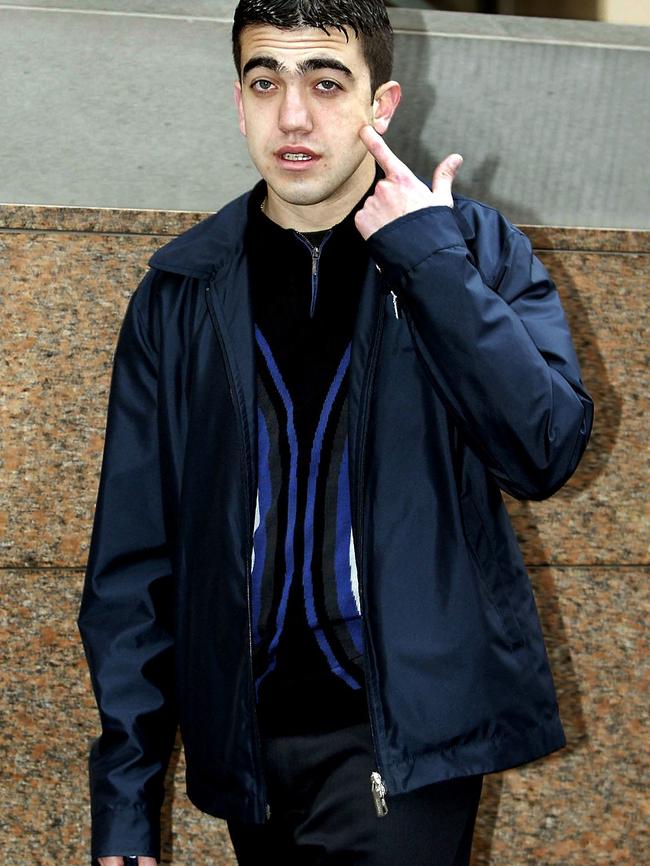
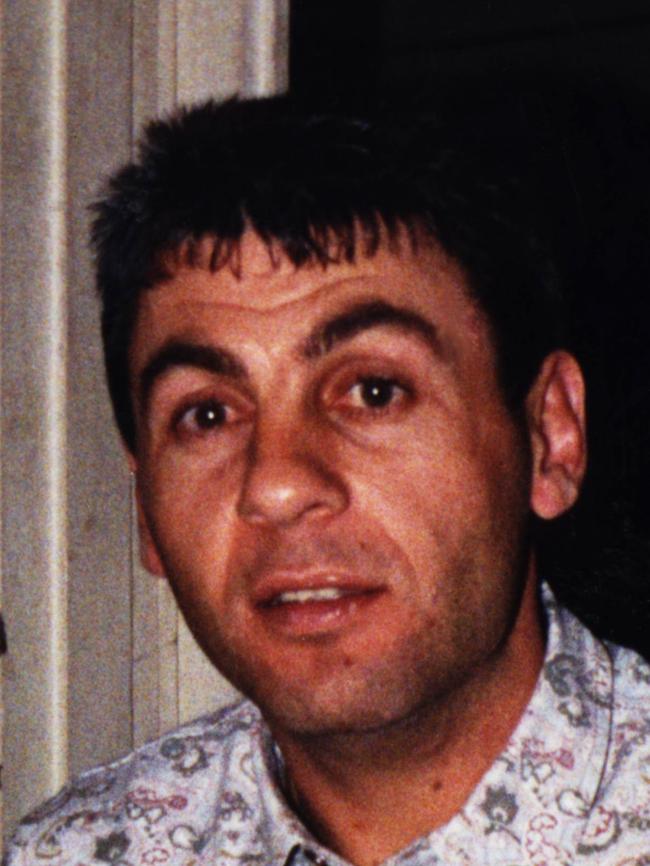
“I am satisfied there is credible evidence that there may have been a miscarriage of justice in Mr Orman’s case arising from Nicola Gobbo’s conduct and use as a human source by Victoria Police,” Ms Hennessy said.
“Detailed submissions and extensive evidence in support of the petition were provided to me by Mr Orman’s lawyers ... I subsequently sought independent advice from criminal law experts on the petition.”
It is the first petition that the Attorney-General has received over the Lawyer X scandal, though several others are believed to be considering similar action including drug baron Tony Mokbel and ecstasy importer Rob Karam.
If Orman’s conviction is overturned he could also be in line for a massive taxpayer-funded payout. He had exhausted all his avenues of appeal before Gobbo’s informing role was revealed.
Gobbo was recruited by police in 2005 when she was a high-flying barrister representing drug lords like Carl Williams and Tony Mokbel.
The police battled for five years to prevent the Herald Sun exposing the Lawyer X scandal, taking the fight to keep her informer role a secret all the way to the High Court.
But former chief commissioner Neil Comrie warned force command in 2012 that the use of Gobbo could render convictions unsafe.
An Independent Broad-based Anti-corruption Commission inquiry into the saga called the police scheme “negligence of the highest order’’.
But the strongest rebuke came from the High Court, which ruled Victoria Police’s conduct was “reprehensible”.
Orman’s lawyer Ruth Parker said yesterday there was “damning evidence” relating to Gobbo’s involvement in her client’s prosecution while she was representing him.
“He didn’t plead guilty. He maintained his innocence very vocally throughout the entire period that he was on trial,” Ms Parker said.
It would be “perverse” to have to wait for the outcome of the royal commission for his case to be looked at, given he had already been behind bars for 12 years and would be eligible for parole in two, she said.
Robert Richter, QC, who represented Orman at his trial, said this was one of only three cases in his 40-year career where he thought there was a miscarriage of justice.
“I’m delighted the matter has been referred ... it has worried me over the years,” he said.
Mick Gatto, who raised money for Orman’s defence, said: “I believe that justice is finally being served. If anyone is found to have perverted the course of justice I hope they get dealt with accordingly.’’
Orman is an associate of Mick Gatto, who questioned Lawyer X in April 2014 about her role as a double agent after the revelations Gobbo was acting as a police informer.
Peirce had acted as a bodyguard to Frank Benvenuto during Melbourne’s underworld conflict.
A Supreme Court jury convicted Orman in 2009 of the Peirce murder and he remains in prison where he is serving a 14-year minimum sentence. Andrew ‘Benji’ Veniamin pulled the trigger but was himself killed before being charged with the murder.
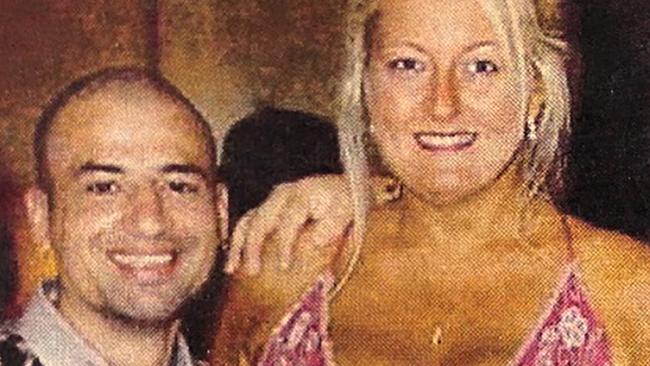
Lawyer X condensed voluminous documents into a smaller pile of evidence for Robert Richter QC on Orman’s behalf for trial.
Mr Richter raised concerns about some of the evidence in Orman’s trial, related to Orman’s past.
It is not known how heavily Lawyer X could have contributed to tainting his case.
Late last year the High Court slammed Victoria Police over “reprehensible” and “atrocious” conduct in recruiting Gobbo to inform on her clients, saying: “It is greatly to be hoped that it will never be repeated.”
The ruling prompted the Andrews government to launch a royal commission, which is ongoing.
HOW ORMAN WAS BETRAYED
Orman’s first call when he was arrested was to his lawyer. This was a big mistake.
His lawyer was Nicola Gobbo. It seems she had been setting him up on murder charges for months.
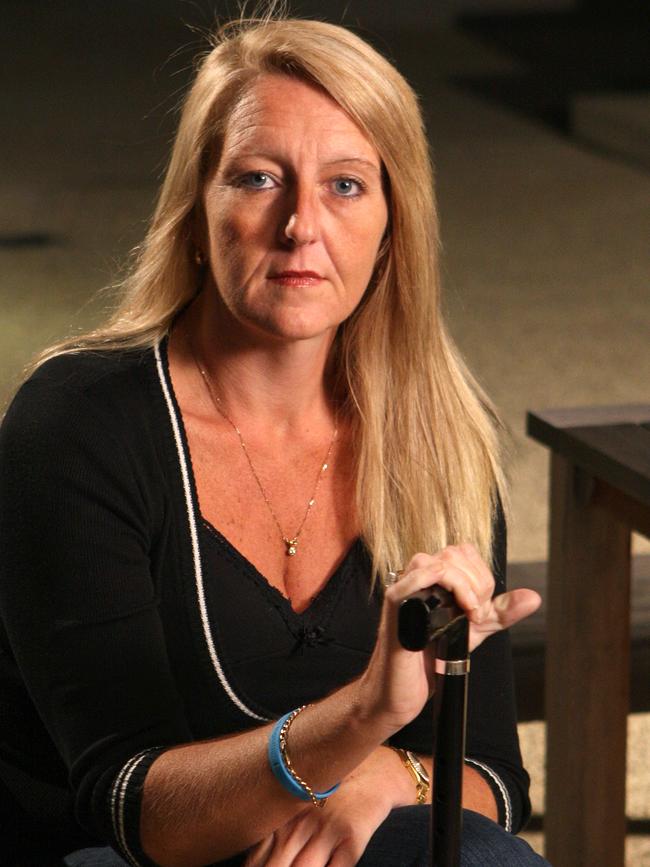
Orman, a young Turkish kid, was being investigated five years after the 2002 Port Melbourne shooting of Victor Peirce. And police knew his movements, fears and private thoughts because one of the people he trusted most was working for the other side.
Gobbo liked Orman. He was respectful and polite. Yet she was displeased because she felt underused in the police sting against him.
“3838 (Gobbo) frustrated as SDU (Source Development Unit) and Purana investigators are not using 3838 to assist in the investigation of Orman,” a police information report (IR) said.
On Orman’s arrest, Gobbo raged that she had not been notified first. By then, she had officially been a police informer against gangland clients for less than two years.
“Basically told her this is how we work and she will not be told about operational timing of investigations unless it directly affects her,” the report said. “She has to get used to it.”
Orman was believed to be the getaway driver in the Peirce shooting, thought to be committed by Melbourne’s then busiest hitman, Andrew Veniamin. Orman and Veniamin had grown up around the corner from one another in Sunshine West.
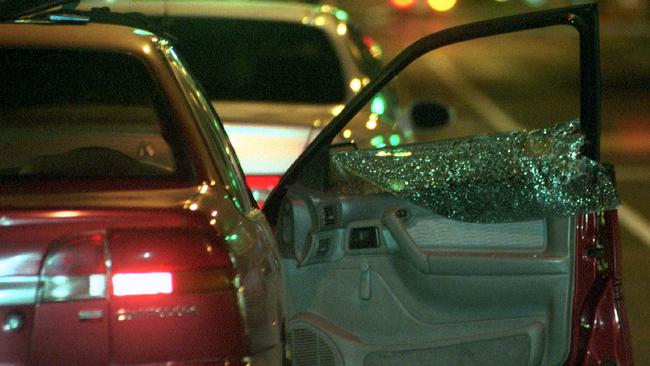
Orman began doing jobs, such as driving, for Mick Gatto. Detectives wanted Orman to roll on Gatto over their suspicions he had knowledge of the Peirce killing.
Gatto was a high-level sting target and Orman was perceived to be a weak link.
Orman says now that police made him an offer — give them Gatto and he could walk. When he resisted, Gobbo made helpful suggestions to police. She knew Orman’s quirks.
“He also needs people around him — always,” an IR stated. “Therefore if he is isolated and left in messy conditions, HS (human source: Gobbo) is positive that he will not cope.”
While awaiting trial, Orman spent three years in solitary confinement.
Almost 18 months after his arrest, Gobbo told her handlers that the “Purana tactics re Orman are working, re not seeing Gatto, making life as difficult as possible”.
“HS reckons he is now at his lowest in terms of coping with being inside. HS suggests no phone calls at all as a possibility. Likelihood of him ever rolling is N/K (not known),” the IR stated.
Orman stayed staunch. He has always proclaimed his innocence. He was also protective of his lawyer. He wanted Gobbo to represent him. She couldn’t — not without a high chance of being exposed as an informer. This mounting fear created ructions between Gobbo and her handlers.
The primary role of the sting now shifted to protecting Gobbo from exposure.
By the time of Orman’s court appearances, police handlers resorted to helping Gobbo invent lies for not appearing for Orman.
“Too busy”, she told them, wouldn’t work anymore.
The murder case against Orman hinged on the testimony of Witness B.
Gobbo sought to cloak the discrepancies with Witness B’s evidence from her own defence team partners.
Witness B had been convicted over several gangland killings. Gobbo had coached Witness B on singing his way to early freedom. The concern, as she put it to police, was the exposure of “30 to 40 lies and contradictions” by Witness B in a secret hearing in which she had represented him.
If Orman’s senior barrister, Robert Richter QC, subpoenaed the hearing evidence, according to an IR: “Richter will know that RS (Gobbo) lied to him but this will be irrelevant because RS will be dead.”
At Orman’s sentencing in 2009, Judge Mark Weinberg said the case “depended heavily upon the evidence” of Witness B, which was uncorroborated. Herein lie concerns mooted by Orman’s current defence lawyers.
Witness B had claimed that Veniamin had confessed to the killings in a chat near a Southbank apartment block, yet the apartment block did not exist at the time.
Orman was staunch in Gobbo’s defence. He didn’t believe the prison rumours about her suspicious activities.
When she told him she was conflicted and could not represent him, he was sympathetic. “Orman says HS (Gobbo) looks unwell,” an IR states. “Is not suspicious of HS way out of acting for him.”
Orman didn’t trouble Gobbo afterwards. He found a lawyer who would defend his best interests.
That lawyer, Ruth Parker, has toiled with righteous indignation about the dubious circumstances of his conviction. She is the main reason that Orman is the first Lawyer X client to be granted leave to appeal his conviction by Attorney-General Jill Hennessy.
The first, perhaps, of many.
JILL HENNESSY’S FULL STATEMENT ON ORMAN
“In February 2019, I received a petition for mercy on behalf of Faruk Orman, who in 2009 was convicted of murder in the Supreme Court of Victoria.
“Detailed submissions and extensive evidence in support of the petition were provided to me by Mr Orman’s lawyers in April and May 2019.
“I subsequently sought independent advice from criminal law experts on the petition.
“Based on the material provided by Mr Orman’s lawyers, I am satisfied there is credible evidence that there may have been a miscarriage of justice in Mr Orman’s case arising from Nicola Gobbo’s conduct and use as a human source by Victoria Police.
“I have therefore exercised my power under the Criminal Procedure Act 2009 to refer Mr Orman’s matter to the Court of Appeal to be heard as an appeal.
“Given the substantial volume of material already available about Ms Gobbo’s conduct in relation to Mr Orman, I do not believe it necessary to await the Royal Commission into the Management of Police Informants’ final report before referring his case.
“I have asked the Department of Justice and Community Safety to advise the Director of Public Prosecutions and the Royal Commission of my decision.
“As the case has now been referred to the Court of Appeal, it is not appropriate for me to make any further comment in relation to this matter.”
